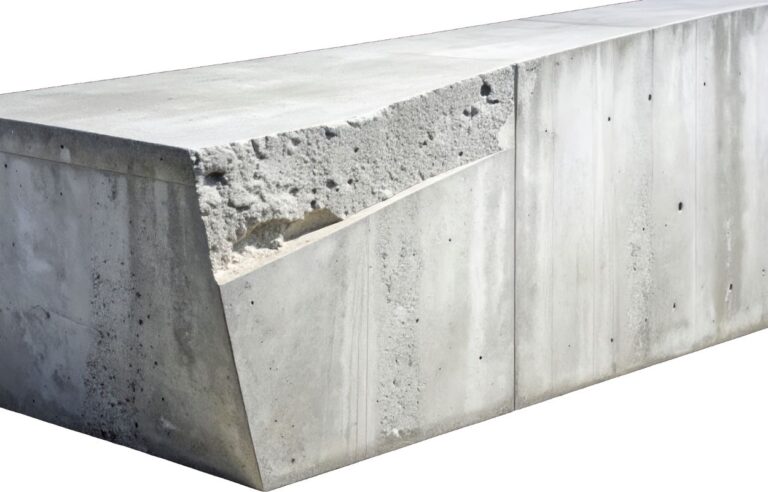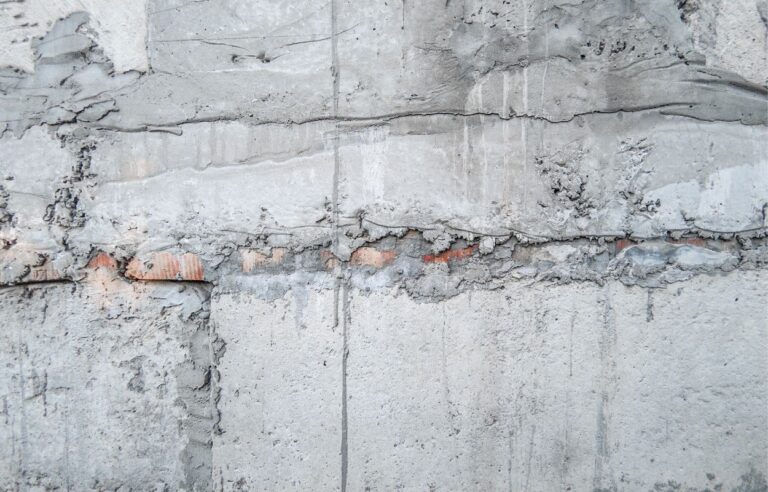Whether you’re tearing down a wall, removing an old garage, or preparing a site for a brand-new build, demolition is often the first big step. It sets the tone for the rest of the project—done right, it creates a clean, safe foundation to build on. Done wrong, it leads to delays, higher costs, and sometimes even safety hazards.
That’s why hiring the right demolition subcontractors is so important. While it may seem like all demolition crews do the same work, the truth is that experience, equipment, and professionalism can vary widely from one subcontractor to another. Choosing the right team takes some careful thought, and knowing what to avoid can save you time and money.
Here are some tips for hiring demolition subcontractors and a few red flags to watch out for.
WHY HIRING THE RIGHT SUBCONTRACTOR MATTERS
Demolition is more than just knocking things down. It involves planning, safety, waste disposal, and sometimes even salvaging materials for reuse. A good subcontractor brings efficiency, expertise, and peace of mind. A bad one can leave you with unexpected costs, liability issues, or a site that isn’t ready for the next stage of construction.
Hiring wisely ensures:
- The job is completed on time.
- Safety standards are followed.
- Waste is disposed of legally and responsibly.
- Costs stay under control.
- The rest of your project starts on solid ground.
TIPS FOR HIRING DEMOLITION SUBCONTRACTORS
CHECK THEIR EXPERIENCE
Not all demolition projects are the same. Tearing down a small shed is very different from handling a multi-story commercial building. Ask potential subcontractors about their experience with projects similar to yours. A proven track record is one of the best indicators of reliability.
VERIFY LICENSING AND INSURANCE
One of the most important steps is confirming that your subcontractor has the proper licensing and insurance. Demolition work comes with risks, and if the subcontractor isn’t properly insured, you could end up liable for accidents or damages. Always ask for proof of coverage before hiring.
ASK ABOUT SAFETY PROTOCOLS
A professional demolition subcontractor will have clear safety protocols in place. They should be able to explain how they’ll protect workers, nearby properties, and even the environment during the project. If safety doesn’t seem to be a priority, that’s a major red flag.
LOOK FOR MODERN EQUIPMENT AND METHODS
The tools and techniques used in demolition matter. Crews that use outdated equipment may take longer, create more dust and debris, or even put your site at risk. Ask about the equipment they use and whether they employ dust control, noise reduction, or recycling-friendly methods.
GET MULTIPLE QUOTES
Price shouldn’t be the only factor, but it’s always smart to compare. Get at least three quotes from different subcontractors. Pay attention not just to the numbers, but to what’s included—waste disposal, permits, cleanup, and salvage opportunities can vary widely.
ASK ABOUT MATERIAL RECYCLING OR SALVAGING
Good subcontractors understand that not everything needs to head straight to the landfill. Ask if they offer material recycling or salvaging. This can save you money on disposal fees and help you make your project more environmentally friendly.
CHECK REVIEWS AND REFERENCES
Online reviews and direct references are valuable tools for gauging reliability. Ask for contact information from past clients and follow up with them. Were they satisfied with the work? Was the project completed on time and within budget?
DISCUSS TIMELINES UP FRONT
Delays during demolition can throw off the entire construction schedule. Make sure your subcontractor provides a realistic timeline and communicates clearly about potential delays. Reliable contractors will under-promise and over-deliver, not the other way around.
WHAT TO AVOID WHEN HIRING DEMOLITION SUBCONTRACTORS
Just as important as what to look for is knowing what to avoid. Here are some common red flags:
UNREALISTICALLY LOW QUOTES
If one subcontractor’s bid is much lower than the others, it might be tempting to take it. But be careful—unusually low quotes often mean hidden costs, poor-quality work, or cutting corners on safety and disposal.
LACK OF CLEAR CONTRACTS
Never rely on a handshake deal for demolition work. If a subcontractor won’t provide a clear contract outlining scope, costs, and timelines, walk away. Contracts protect both you and the subcontractor.
NO PROOF OF INSURANCE
If they can’t show proof of liability insurance and workers’ compensation, do not hire them. It could leave you financially responsible if something goes wrong on-site.
VAGUE ANSWERS ABOUT SAFETY OR DISPOSAL
Professional subcontractors should be able to explain how they handle safety, dust control, noise management, and waste disposal. If they can’t, that’s a warning sign that they may not take the job seriously.
POOR COMMUNICATION
If it’s difficult to get clear answers or timely responses before you hire them, it’s unlikely communication will improve once the project starts. A subcontractor who doesn’t communicate is a subcontractor who creates problems.
HOW DEMOLITION SERVICES IN KELOWNA MAKE IT SIMPLE
If you’re in the Okanagan region, you’re in luck. Local companies that provide demolition services in Kelowna are experienced in handling a wide range of projects, from small residential demolitions to large-scale commercial teardowns. They know the local regulations, have access to recycling facilities, and bring the right mix of experience and equipment to get the job done right.
By choosing a professional team, you get more than just labor—you get peace of mind knowing your site will be safe, clean, and ready for the next phase of construction.
FINAL TIPS
Hiring demolition subcontractors doesn’t have to be stressful. By taking the time to check licenses, review experience, and compare quotes, you’ll find the right crew for your project. Avoid red flags like vague contracts, poor communication, or unrealistic pricing, and focus on subcontractors who prioritize safety, efficiency, and professionalism.
Demolition may be the first step in your construction project, but it sets the stage for everything that follows. With the right subcontractor, you’ll save time, reduce stress, and start your build on the right foot.




